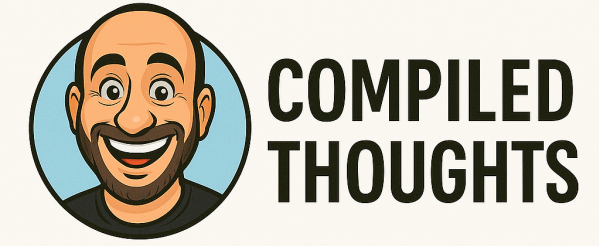Yesterday, I had a thoughtful discussion with Leigh, a friend and a colleague, about whether companies should trust AI with their data.
This debate was not just technical, it was philosophical. If AI systems learn from everyone’s data, does that create a form of “data communism” where insights from one company could accidentally benefit competitors? Or can AI provide strict isolation, enabling organizations to gain private intelligence without risking leaks?
In here I will unpack both our sides and add some research results:
The concern: “Data communism”
This phrase captures the fear many companies have: if you feed your proprietary data into a shared AI, the AI might “learn” from it and accidentally leak that context to competitors. This touches on:
Data privacy: Companies don’t want trade secrets or customer data escaping.
Model contamination: If AI models continuously train on client inputs, in theory, knowledge from one client could surface when serving another.
Trust in the vendor: Using AI becomes less about the model itself and more about whether you trust the vendor to implement strong isolation.
The counterpoint: “It is a new concept, yet it is becoming mature by the day”
People trust banks and insurance companies with their most guarded information, we just need to learn to trust AI vendors to keep our data safe.
The concern: “AI is not just using your data as banks do, it is learning from it”
Banks and insurance companies use data, AI is the data. as AI consumes you data it becomes an integral part of it and it might be used for every wrong reason you Imagine. Should we all rely on one collective brain that knows every thing about us?
The counterpoint: “It might work, because it lacks human ego”
Leighs highlights that AI does not have human motives like ego, pride, or malicious intent. Unlike people, it doesn’t choose to leak secrets or even abuse them. If safeguards are in place, it can actually be more neutral and consistent than a human analyst.
The reality today (As claimed By ChatGPT (GPT5))
I tried hard to resist ruining a deep and thoughtful conversation by googling it (Prompting it in this instance), thankfully I prevailed the urge. though when i had the chance to research this post, I asked chatgpt about its take on the subject. It was disastrous to my ego to know that AI itself agrees with Leigh, but i would not let that go easily, so I asked for data that supports the claim and The answer was (As copied directly for the prompt response)
- Most enterprise AI vendors (OpenAI, Microsoft, Google, etc.) separate customer data from training by default. Inputs are not used to train base models unless you explicitly allow it. This is designed to prevent exactly the scenario you’re worried about.
- Fine-tuning / custom models: If a company wants AI to specialize in their data, it can be fine-tuned or hosted in a private environment where only that company benefits. In this case, there’s no “data communism,” only data capitalism — each company pays to create its own model advantage.
- Leak risks still exist if:
- A vendor doesn’t enforce strong isolation.
- A model is prompt-injectable (indirect leaks).
- Governance is poor, and sensitive data is sent to public models by mistake.
| Service / Model | Default Training on Your Data? | Opt-Out Available? | Strong Isolation? |
|---|---|---|---|
| ChatGPT (Individual) | Yes | Yes (in settings) | Moderate (use opt-out) |
| ChatGPT Business/Enterprise/API | No | — | Strong (data stays within org) |
| Anthropic Claude (consumer) | No (unless opted in) | Yes | Strong |
| Azure OpenAI Service | No | — | Very strong |
| Google Vertex AI | No (unless granted) | Yes (informs retention control) | Strong |
| IBM Watsonx | No (private fine-tuning only) | — | Strong |
| WebAI (local deployment) | No (local only) | — | Very strong |
| Apple (differential privacy) | Uses signals, not raw data | — | Very strong |
| DeepSeek | Yes (poor isolation) | — | Weak — Not recommended |
Conclusion: The Choice Is Architectural
The truth is, AI doesn’t inherently leak information. Whether your data is safe depends on how and where the AI is deployed:
Public AI: Risk of data communism.
Enterprise AI: Strong isolation, competitive advantage.
Local AI: Maximum control, maximum responsibility.
So, should companies trust AI with their data? The answer is maybe yes. They can trust AI as much they trust their enterprise architects to take the correct decision.

